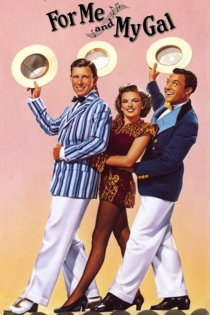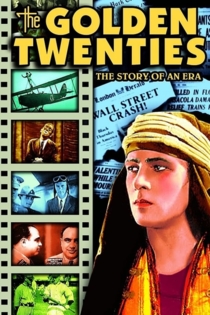
Woodrow Wilson
1856 - 1924Propaganda: Engineering Consent
Jimmy Leipold
Sébastien Desjours, Anne Bernays
How can the masses be controlled? Apparently, the American publicist Edward L. Bernays (1891-1995), a pioneer in the field of propaganda and public relations, knew the answer to such a key question. The amazing story of the master of manipulation and the creation of the engineering of consent; a frightening true story about advertising, lies and charlatans.
Propaganda: Engineering Consent
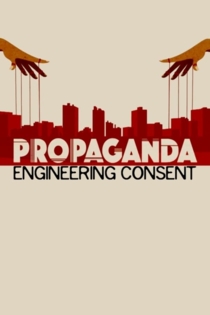
The Fog of War
Errol Morris
Robert McNamara, Errol Morris
Using archival footage, cabinet conversation recordings, and an interview of the 85-year-old Robert McNamara, The Fog of War depicts his life, from working as a WWII whiz-kid military officer, to being the Ford Motor Company's president, to managing the Vietnam War as defense secretary for presidents Kennedy and Johnson.
The Fog of War
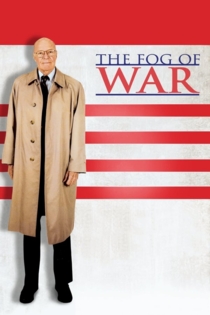
L'Homme a mangé la Terre
Jean-Robert Viallet
Jacques Bonnaffé, John D. Rockefeller
An account of the last two centuries of the Anthropocene, the Age of Man. How human beings have progressed so much in such a short time through war and the selfish interests of a few, belligerent politicians and captains of industry, damaging the welfare of the majority of mankind, impoverishing the weakest, greedily devouring the limited resources of the Earth.
Breakpoint: A Counter History of Progress

И всё-таки я верю...
German Lavrov, Elem Klimov
Mikhail Romm, Albert Einstein
Originally called World '68, later retitled The World of Today Romm’s film was conceived as an impassioned, large-scale essay on the origins of the 20th century and the subsequent reality the disappointed director felt slipping away from him. The film itself slipped away from him and was left unfinished at the time of his death. His younger colleagues, Marlen Khutsiev, Elem Klimov and German Lavrov, completed the film from the elements he left behind in addition to segments from Ordinary Fascism, closing the film with Romm’s ultimately optimistic outlook: "And still I believe that man is sensible..."
And Still I Believe
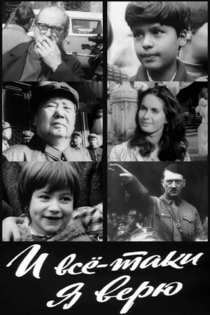
Why Be Good?: Sexuality & Censorship in Early Cinema
Elaina Archer
Diane Lane, Maria Riva
Before the G, PG and R ratings system there was the Production Code, and before that there was, well, nothing. This eye-opening documentary examines the rampant sexuality of early Hollywood through movie clips and reminiscences by stars of the era. Gloria Swanson, Mary Pickford, Marlene Dietrich and others relate tales of the artistic freedom that led to the draconian Production Code, which governed content from 1934 to 1968. Diane Lane narrates.
Why Be Good?: Sexuality & Censorship in Early Cinema
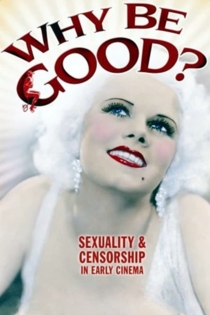
America Goes Over
U.S. Army Signal Corps Pictoral Division
John J. Pershing, Newton Baker
A film produced and distributed by the US Army Signal Corps during World War I to inform and "educate" the US population about the reasons for fighting the war. Featured are scenes with Gen. John Pershing, commander of US forces in Europe, and views of US soldiers in combat and resting up between battles.
America Goes Over

United We Stand
Lowell Thomas, Franklin D. Roosevelt
Using newsreel footage, this film reviews world events from the end of World War I to the American entry into World War II and, according to the narration, shows "how, through their disunity, democracies were led, some to destruction and others to the verge of destruction."]
United We Stand

